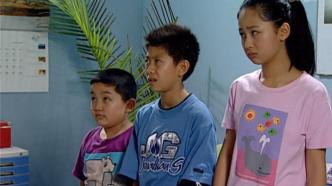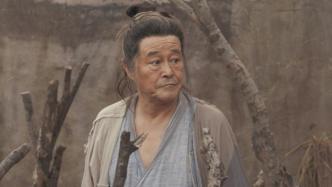
Uncle Benshan has not been on the stage of the Spring Festival Gala since 2013, but he is still a leading figure in the Chinese comedy circle and has a strong audience appeal. Zhao Benshan, who retreated behind the scenes, has been appearing in the long-lasting "Country Love" series (it has been broadcast for 15 seasons), but the "inclusion rate" of this drama is not high. Although Zhao Benshan is ivory "Liu Laogen" is the "soul character" of Shanshan, but the role is very limited; in the 3rd to 5th seasons of "Liu Laogen", which will be updated continuously from 2020 to 2022, the "rate of including Benshan" is quite high, but because the style of the first two seasons more than 10 years ago has changed. A big change, word of mouth has a relatively large decline.
The newly launched martial arts sitcom "Legend of Magpie Knife Gate" shows its specialness: this is a work with a high rate of "including Benshan". A blockbuster new work. With Uncle Benshan in charge, will sitcoms be more funny? Will the fading sitcom usher in a new opportunity?
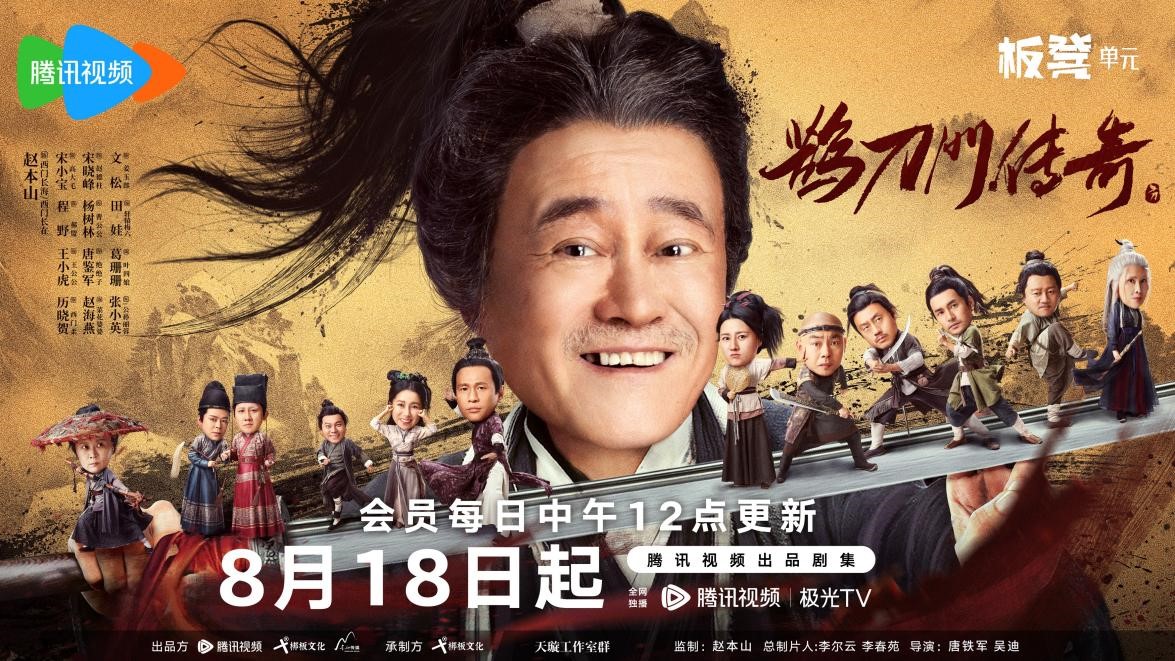
"Legend of Magpie Knife Gate" poster
"Legend of Magpie Knife Gate" is a story under the framework of martial arts. In a certain dynasty and a certain year, Japanese riots broke out and eunuchs were monopolized. Eunuch Cao (played by Yang Shulin) of Dongchang colluded with Japanese bandits in an attempt to rebel. Ximen Changhai (played by Zhao Benshan), the head of the Magpie Knife Sect, is the backbone of the anti-Japanese alliance. In order to exterminate the Japanese pirates, he intends to investigate the traitors in the North and China who have colluded with the Japanese pirates, but he is worried that the head's sudden departure from the sect will attract suspicion from the outside world.
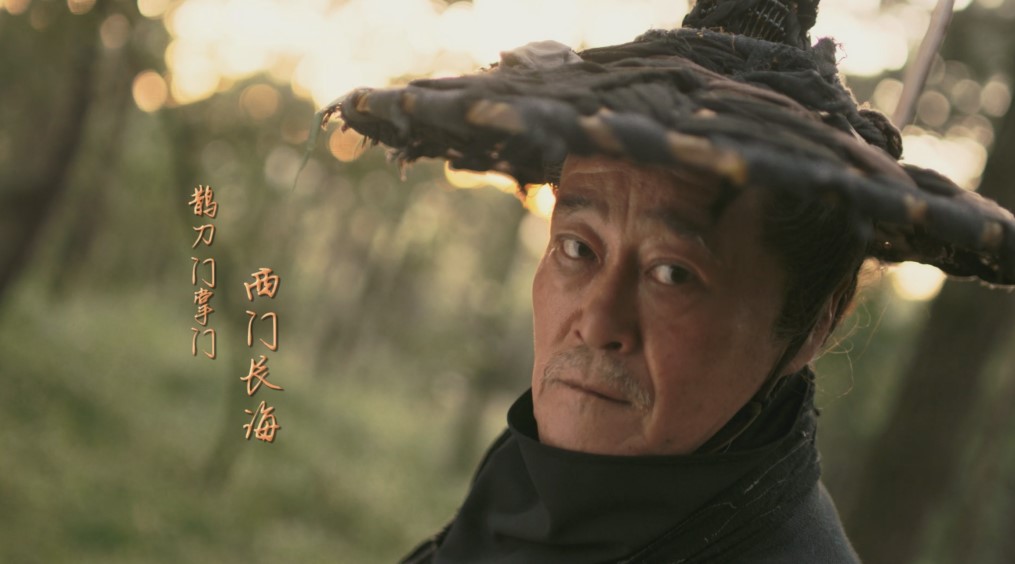
The head Ximen Changhai (played by Zhao Benshan)
For this reason, Ximen Changhai found his twin brother Ximen Changzai (played by Zhao Benshan) who was far away in his hometown, and asked him to come to the sect to pretend to be himself. Ximen Changhai is a timid and timid cook, and he is unwilling. Under Ximen Changhai's "lure" to help him find a wife, he agrees to be a substitute. In this way, a scoop transformed into the head of a sect, and a ridiculous legend unfolded.
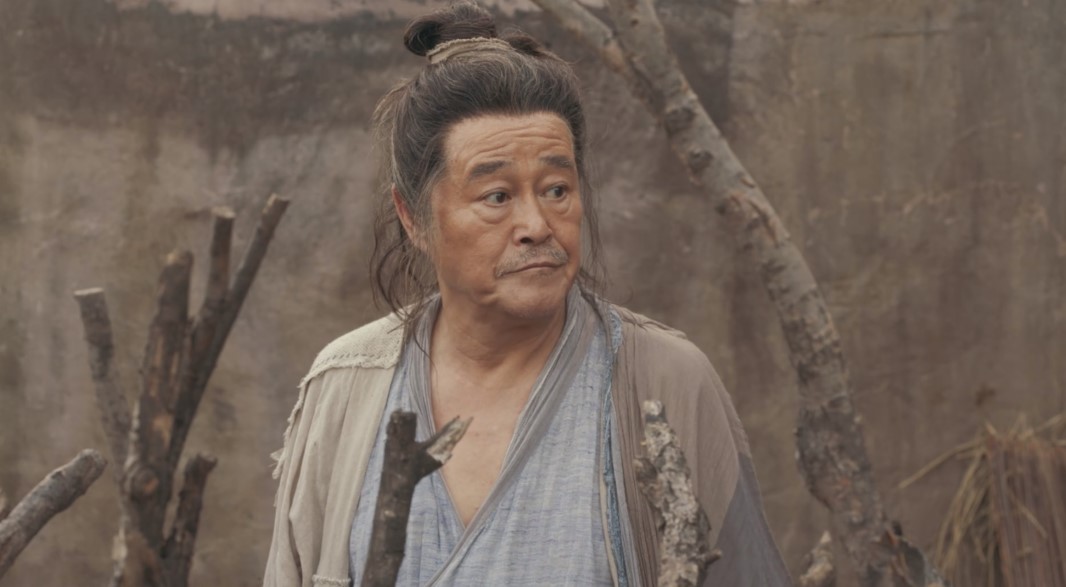
Ximen Changzai (played by Zhao Benshan) who is in charge of the spoon
"Legend of Magpie Knife Gate" has established its own Northeast characteristics from the very beginning, and the story takes place in "the land of Northeast China". Although it is unavoidable to tell the world view with a voice-over at the beginning, the narration of "Legend of Magpie Knife Gate" also has a strong "northeast flavor", such as "Our martial arts heroes from all walks of life spontaneously organized an anti-Japanese armed force Dingyuan Meng, I plan to fight this Japanese pirate to the death. Then you say that we can’t let people ride on us and bear us, right, but the road to fighting Japanese pirates is not easy.” Yun Yun. Lively and vivid, not to mention, it is much more interesting than a serious recitation.
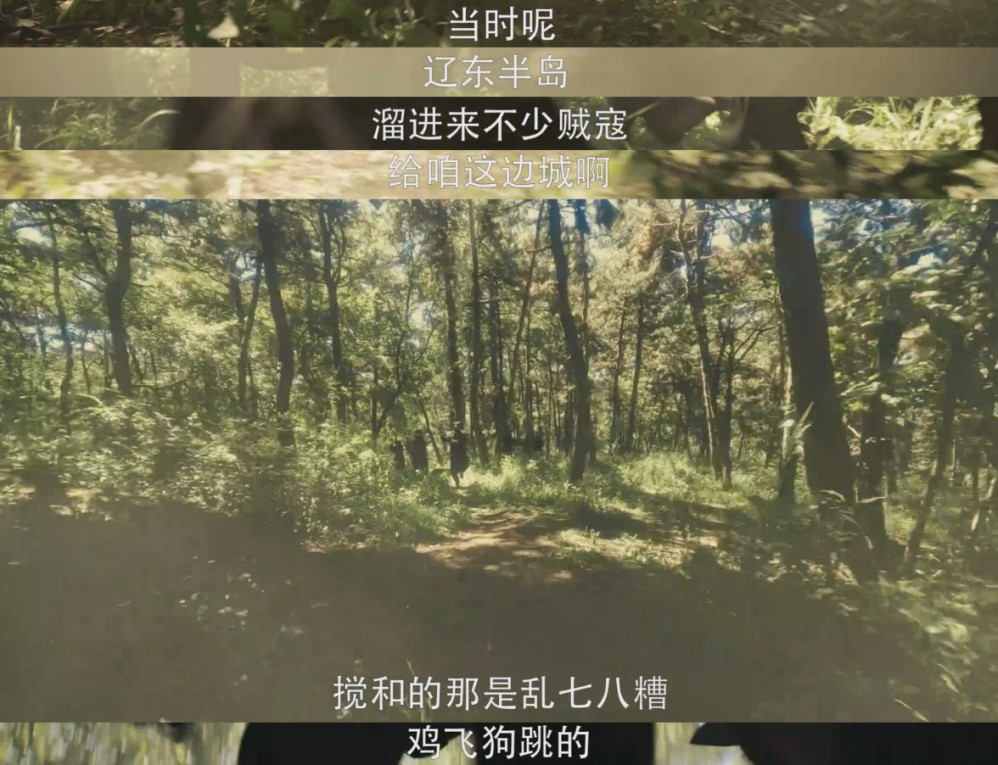
The opening chapter introduces the world view in Northeast dialect
The worldview of a story is just one big "scenario". In fact, many of the works titled sitcoms that have been broadcast in recent years are not strictly standard sitcoms. As Yingda said, "scenario" is to "let the audience understand that what you are watching is a scene." Comedy in a theater, with a live audience, not a play pretending to happen in a real setting," so it has to have laughs, either live or canned.
The limitation of such a "scenario" will bring a lot of restrictions to the creation, so the later sitcoms have surpassed this sense of theater; but the story still mainly takes place in a specific scene, such as a station, a family, a family, etc. The inn, or a small sect in "Legend of Magpie Knife Gate", has a small space for framing; each episode of the story basically takes place in the same scene, unfolding around a theme, short and concise, connected with each other and at the same time strong independent.
Another focus of sitcoms lies in "comedy", which is the core and soul of sitcoms. Unlike those works that only use comedy as an element, the comedy of sitcoms is absolutely dominant, and funny is the first; it is also different from some comedy movies on the market that tell a complete story in two hours. Although it constitutes a whole, the units are fragmented. Although it pays attention to the integrity of the "drama", it pursues the efficiency and density of the burden, even if it is premised on sacrificing the integrity and the depth of a single story. .
The first criterion for judging whether a sitcom is good or not is naturally whether it is funny or not, and whether the burden density is high or not.
"Burden" is actually a joke. In comedy creation, the production of jokes needs to be completed through the "tie" and "shake" of the burden. "Tie the burden", that is, the foreshadowing of the joke, it is carried out in the conventional logic that the audience can understand, as if tying a burden; and "shaking the burden", that is, the foreshadowing suddenly ushers in a reversal beyond the logic of the audience, it is Incongruent, unconventional, misinterpreted, misunderstood, and modified, completely unexpected by the audience, the baggage was suddenly shaken off, and then the audience laughed.
The burden of "Legend of Magpie Knife Gate" is not very fresh, but the burden density is relatively high.
For example, Ximen Changhai asked Ximenchang to be the shopkeeper, but Ximenchang refused at the beginning, the reason was "I am not bad, I have no shortage of food, I have a lot of clothes, and I don't owe anyone, why should I go to your place?" go."
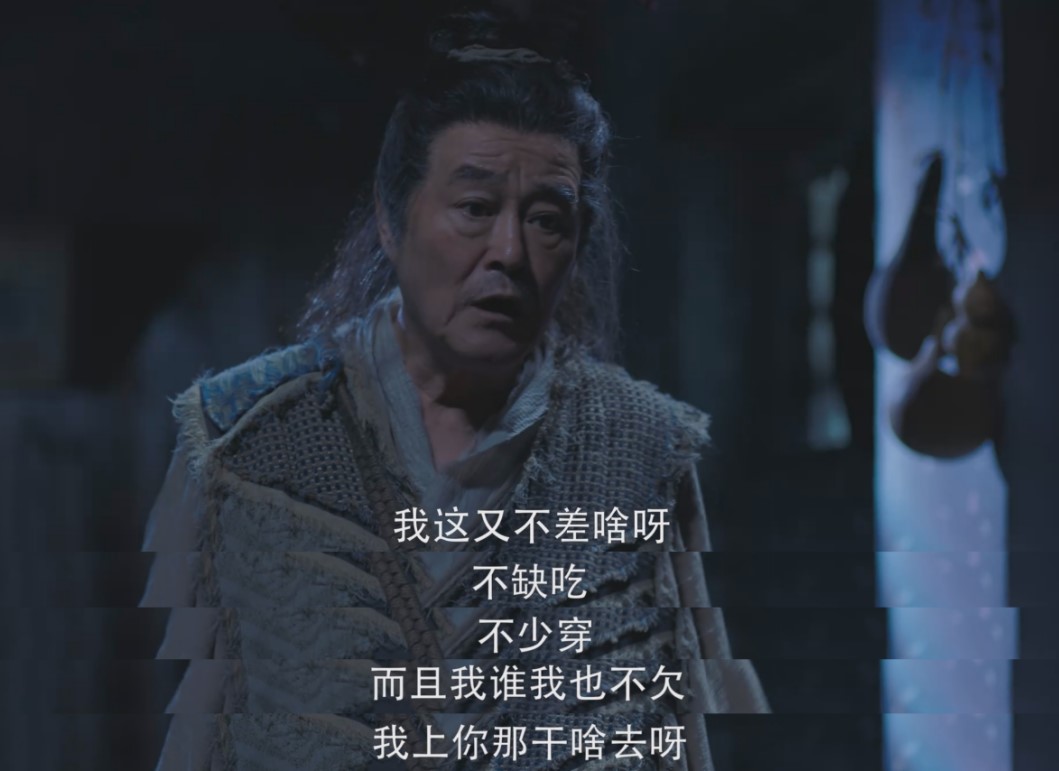
Suddenly, there was a hasty knock on the door, "Who?" A shout came from outside the door, "Ximen is here, pay back the money."
Oh, it turned out that Director Ximen owed money. This turning point was unexpected by the audience at first. It hit Ximenchang in the face of "I owe no one" and constituted a small "shocking burden".
Director Ximen replied, "I, I don't want it anymore. If you borrow some money, Lao Zhang Luo will pay it back. I don't want it anymore. How many times have I said it?" He said and glanced at his younger brother.
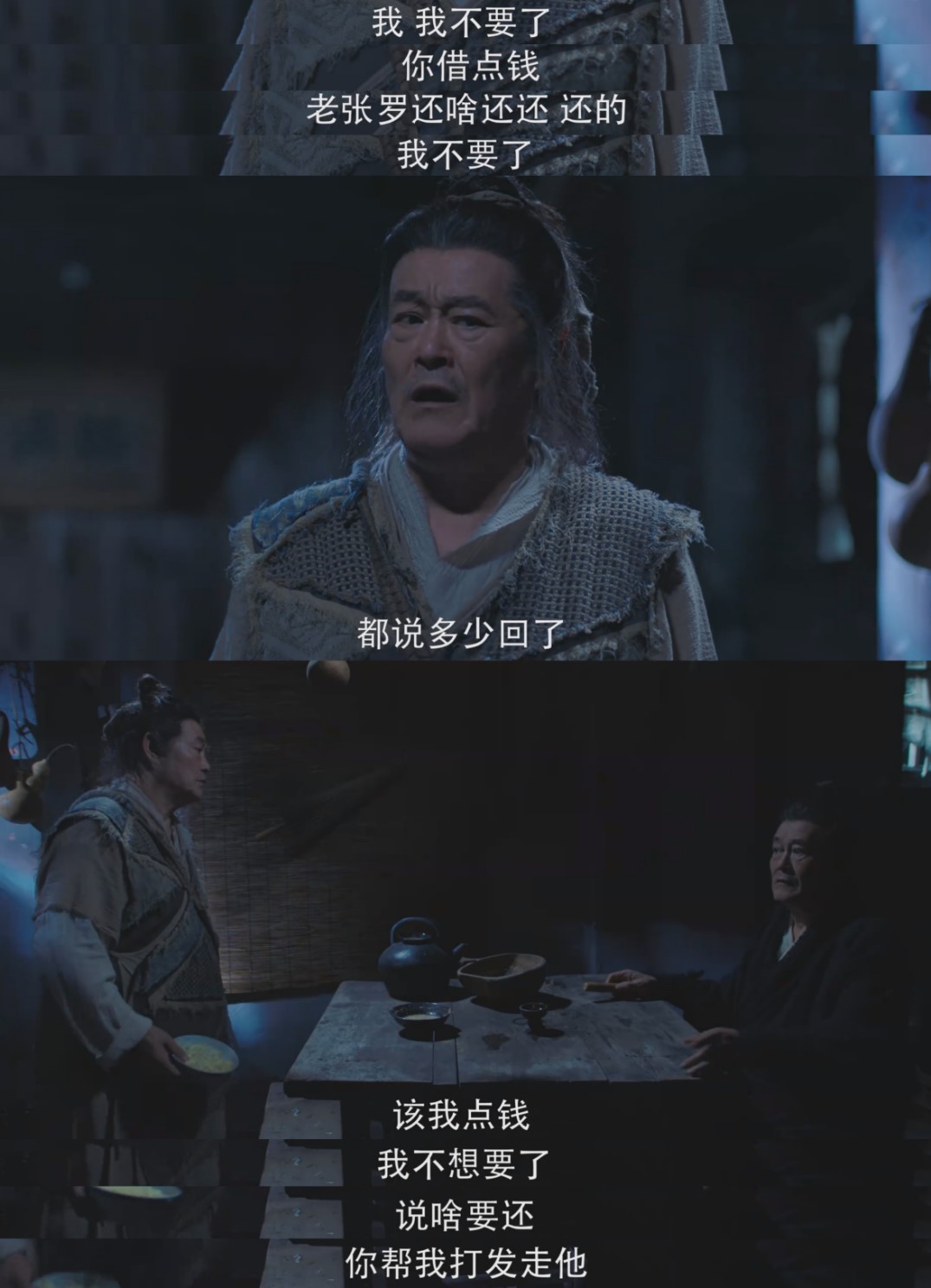
Ximen Zhang is beating his swollen face to pretend to be fat
Ximen Zhang is slapping his swollen face to pretend to be fat, which is really shameless. Such a response was beyond the audience's expectation, and the burden was shaken off, producing new laughter.
Another example is that Que Daomen participated in the Changbai Mountain Discussion of Swords. Ximen Changhai appeared at a critical moment and helped Que Daomen win the first place. The prize for the third place is three hundred taels of silver, and the prize for the second place is three hundred taels of gold. The disciples of Magpie Knife Gate were very pleasantly surprised, "Give out the gold, and the first prize will be 1,000 taels. This time, we will settle it and be reborn"... This is a process of "tying the burden".
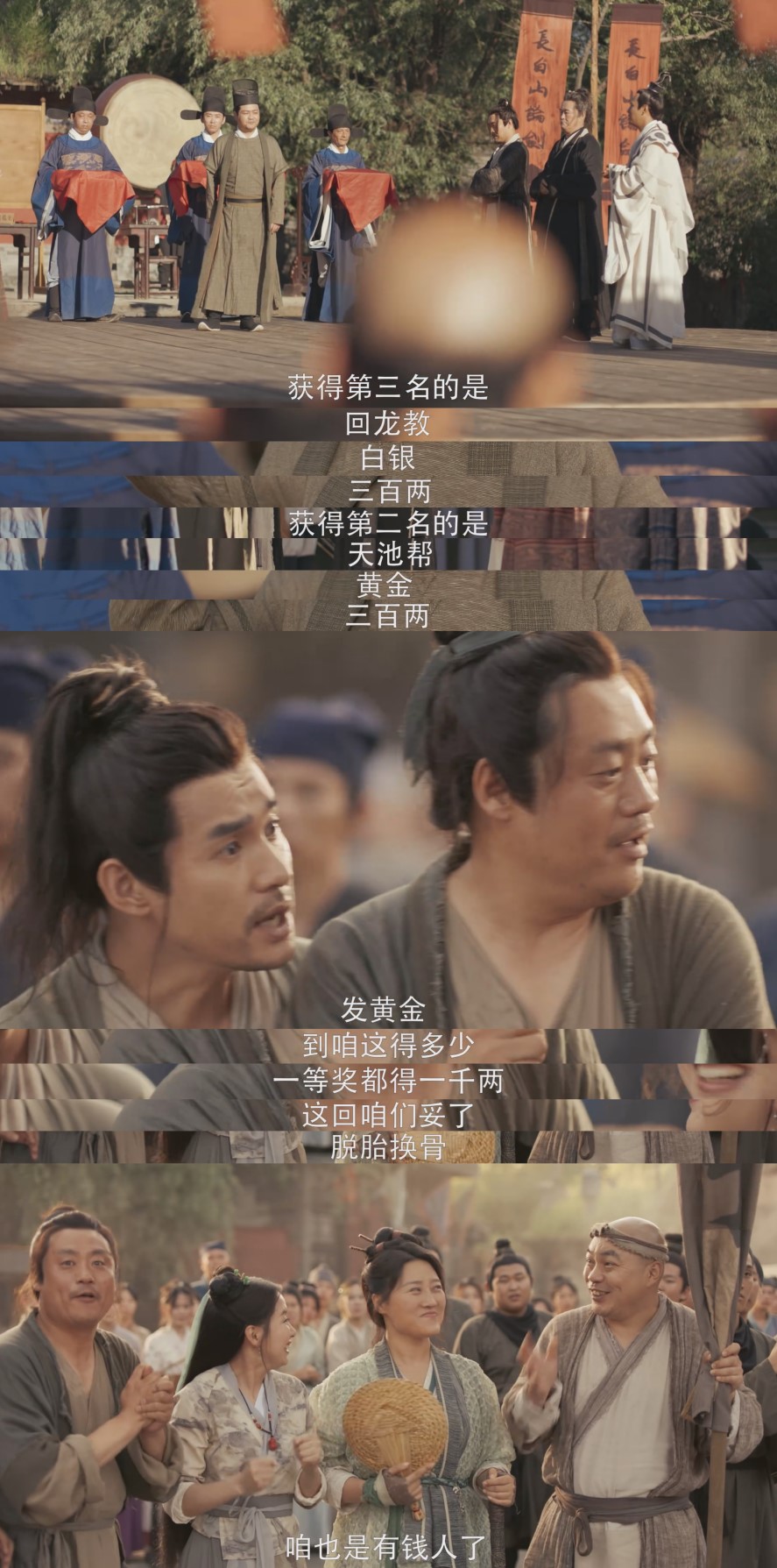
Apprentices think beautifully
As a result, the reward for the first place was "the most precious portrait of Eunuch Cao", which was beyond everyone's expectations. There is a huge gap between the front and back, and the burden shakes off.
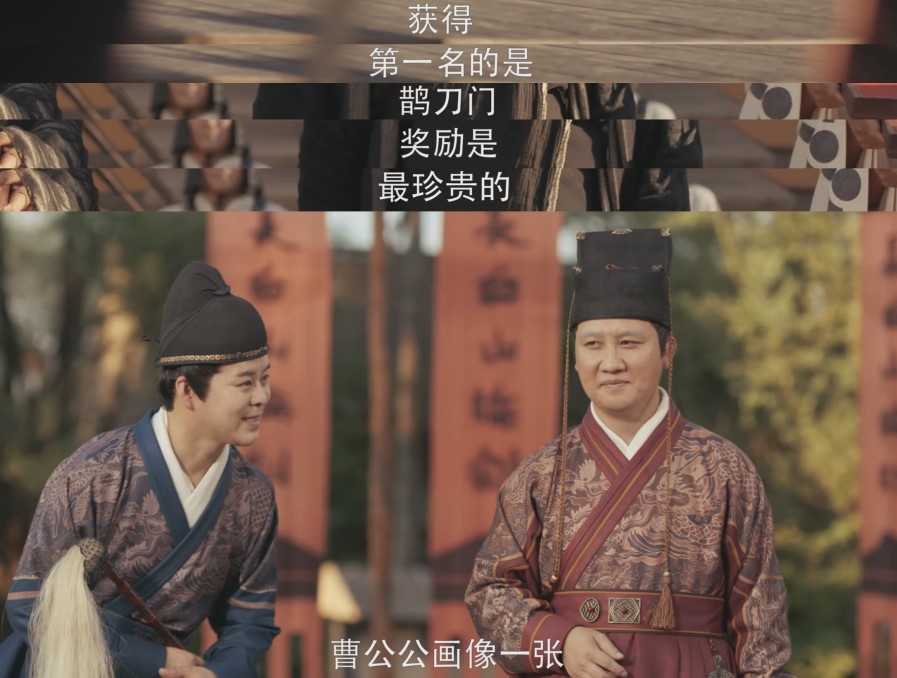
First place prizes are a big disappointment
Audiences watching sitcoms have also formed certain aesthetic expectations - they will not be treated strictly by the standards of serious dramas, and have a higher tolerance for some spoofs and nonsensical baggage in sitcoms, which also gives sitcoms greater creative freedom . Therefore, "Legend of Magpie Knife Gate" will suddenly add some contemporary elements, which are unexpected and constitute a laughing point.
For example, Ximen Changhai's second apprentice, Zhao Dezhu (played by Song Xiaofeng), has a crush on Ximen Changhai's daughter, Ximenrou (played by Li Xiaohe), and in order to pursue Ximenrou, he wants to pretend that he is the empress of a famous family. But which famous family to choose, Zhao Dezhu popped out a "Zhao Benshan".
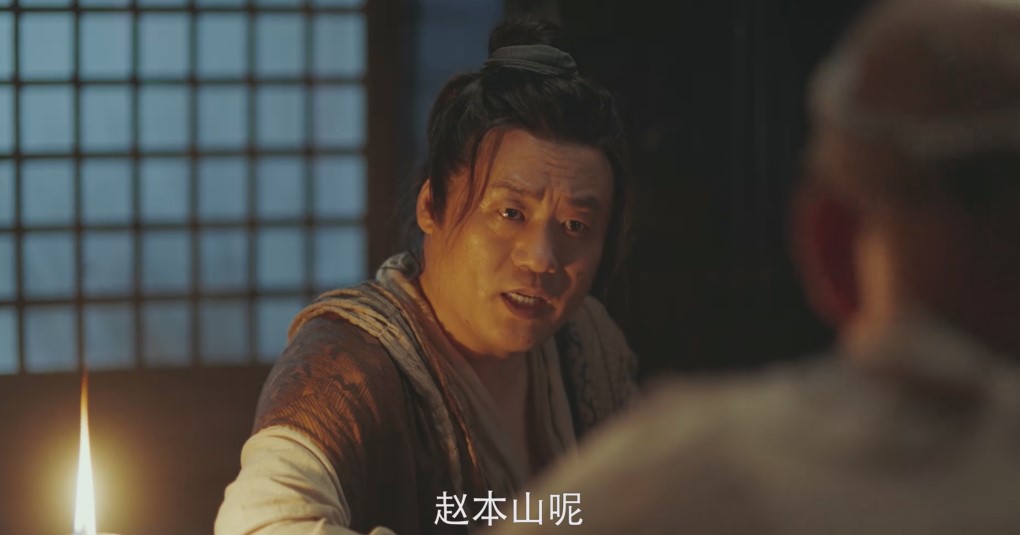
Another example is that Shaolin Temple launched "black boxes" (that is, contemporary "blind boxes") in order to repair the Buddhist scriptures pavilion. Each black box contains different martial arts cheats. Look, "the first type, squeeze and press the Jingming acupoint, the second type, press the temple, and scrape the eye sockets"... Is the DNA moving? Isn't this the eye exercises of the school days?
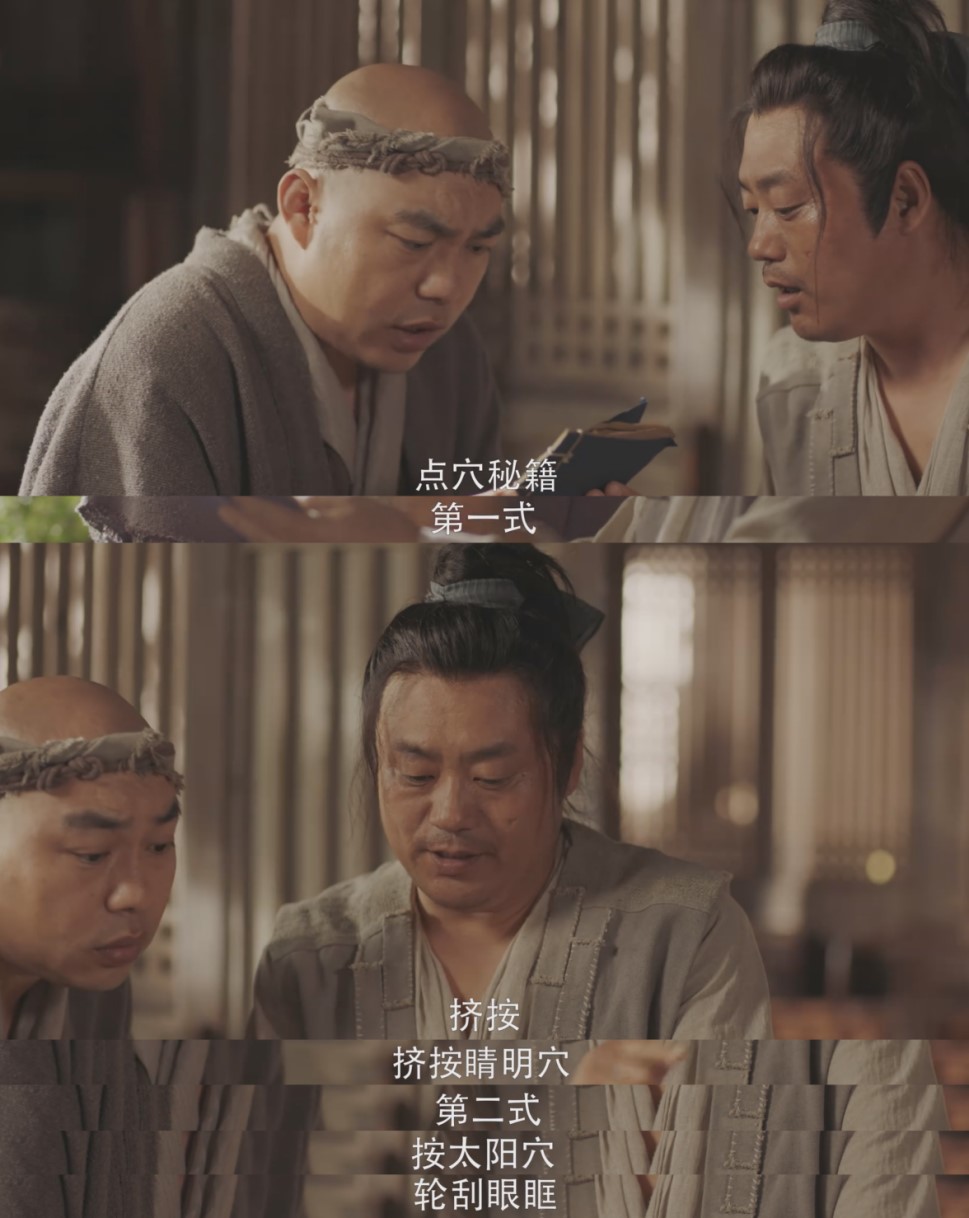
"Legend of the Magpie Knife Gate" also frequently uses "differences" to create jokes, that is, the audience knows more than the characters in the play, and the characters are in a misplaced context. Embarrassed. For example, Granny Cauliflower kidnapped two disciples of Magpie Daomen, and she came to ask for a ransom from Chief Ximen. Chief Ximen thought it was a blind date introduced to him by the matchmaker, and the conversation between the two of them was completely on different channels. conduct.
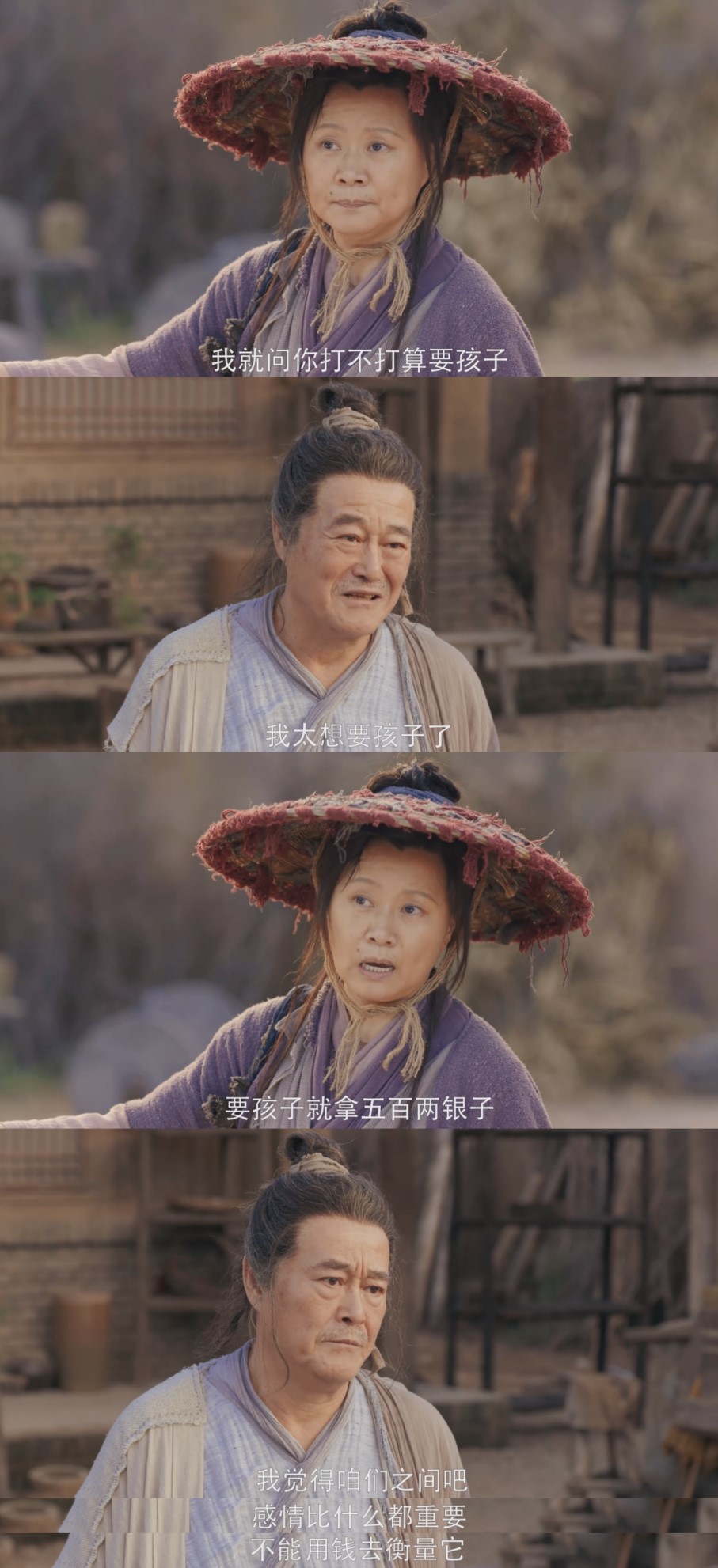
One is a kidnapper asking for a ransom, and the other is a blind date for a blind date
Another example is that the apprentice Ye Siniang (played by Ge Shanshan) stewed a parrot like a chicken, and the eldest student Hao Meng (played by Cheng Ye) mistakenly thought that he was the master’s illegitimate son. The audience took advantage of the "information gap" to happily watch the characters stumble.
Sitcoms seem short and fast, but the characterization is not ambiguous at all. Characterization is not only an important source of laughter, but also directly related to the texture of the play. The usual way to create characters is to put an imperfect little character in a situation that is completely unfamiliar to him, let him do things that he was not good at before, and create laughter through character conflicts and behavioral conflicts. "Legend of Magpie Knife Gate" also operates in the same way, allowing ordinary cooks to act as martial arts heroes who are world-class and chivalrous, creating a strong contrast.
For example, Ximen Zhang was hiding in the mountains for a few days, and the Que Daomen was almost split by spies. In order to pass on the principle of "unity is strength" to his apprentices, the downhill Master Ximen gave the example of breaking chopsticks that the audience is familiar with. It is easy to break a stick, but how about breaking a stick? The apprentice broke a handful of chopsticks, but they still broke when he broke them. This isn't chicken soup, this is comedy.
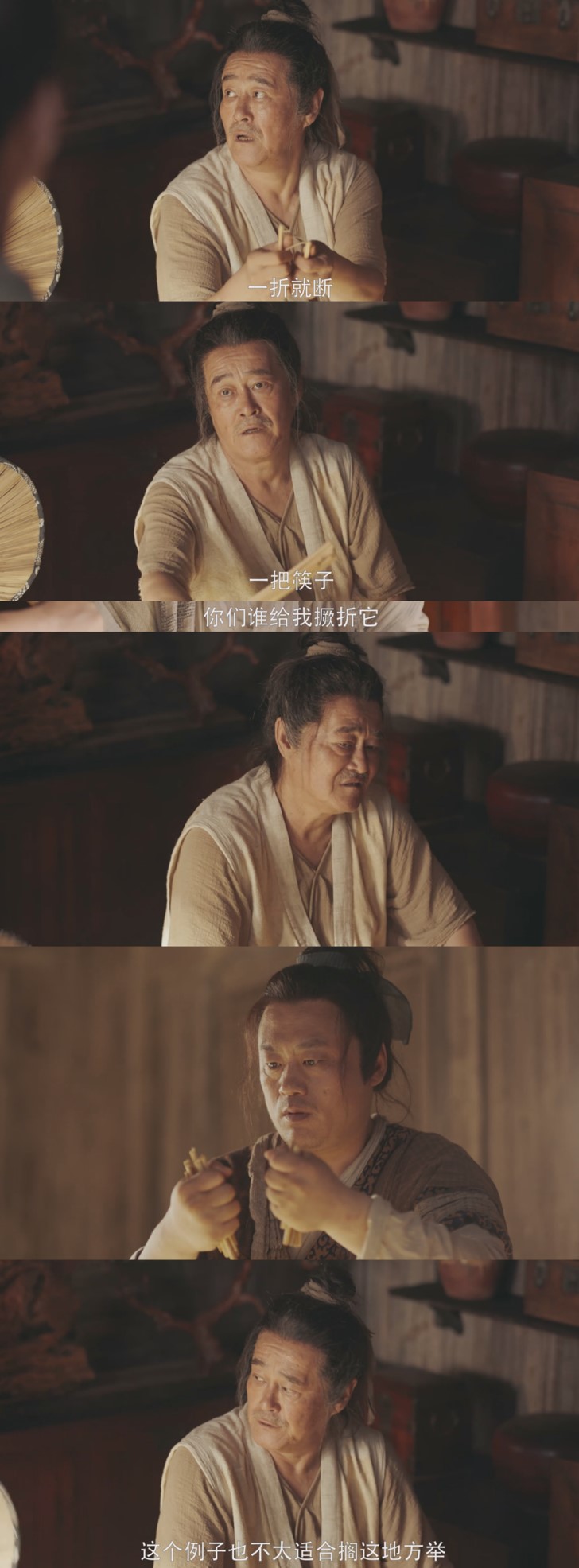
Not reconciled, Ximen Zhangzai gave another example, the sugar triangle is the three brothers, and if one corner is missing, it is not a sugar triangle. He took a bite and asked a few horns. The apprentice saw that there were four corners, but he counted them carefully and found that there were indeed four corners. If the preaching fails again, he is not the material to be the head.
Jiang is still old and hot, Zhao Benshan has always been good at playing this kind of timid, picky, vulgar, and cowardly little characters, and he has a superb grasp of the rhythm of the burden. Therefore, with Zhao Benshan, "Legend of Magpie Knife Gate" is funny, and the broadcast effect of the episode is also very good.
But if it is said that in the context of sitcoms, "Legend of Magpie Knife Gate" is so special, or it plays a "ZTE" role in the key nodes of sitcoms for 30 years, judging from the one-third of the current broadcast, Not yet.
On the one hand, although the framework of the series is well set up, the main line is somewhat dissociated. Sometimes it is the jealousy between the apprentices because of Ximen Rou's rivalry, sometimes it is the struggle and estrangement between the gangs, and sometimes there are some farces that are obvious but have nothing to do with the main line. The number of related episodes is obviously acting for the apprentice, which leads to the fact that although the "content" of the episodes is high, not all episodes are high. For example, in the middle of episodes 5 to 7 of the drama series, Ximen Changzai hides in the mountains and forests, and his role in the drama is basically gone. The personalities of the apprentices are not as bright as Ximen's, and the performances are not as sophisticated as Zhao Benshan, so the fun must have faded.
On the other hand, it is also very critical that the irony of the series is not obvious. In fact, those classic sitcoms are closely related to social reality, grasping the pulse of the times while laughing and cursing, hitting people's inner confusion, and relieving emotions with irony or self-mockery. "Legend of Magpie Knife Gate" has not yet formed a systematic irony, and it is not too closely related and echoed with reality.
There are also some brilliant satirical passages in the play, such as the one about eating kickbacks, which is a vivid reproduction of reality. Give 130 taels of silver to do things, the first person who handles it only takes 80 taels to do things; Another example is the hype of the United Porcelain, which reflects the image of Weibo's hot search ecology.
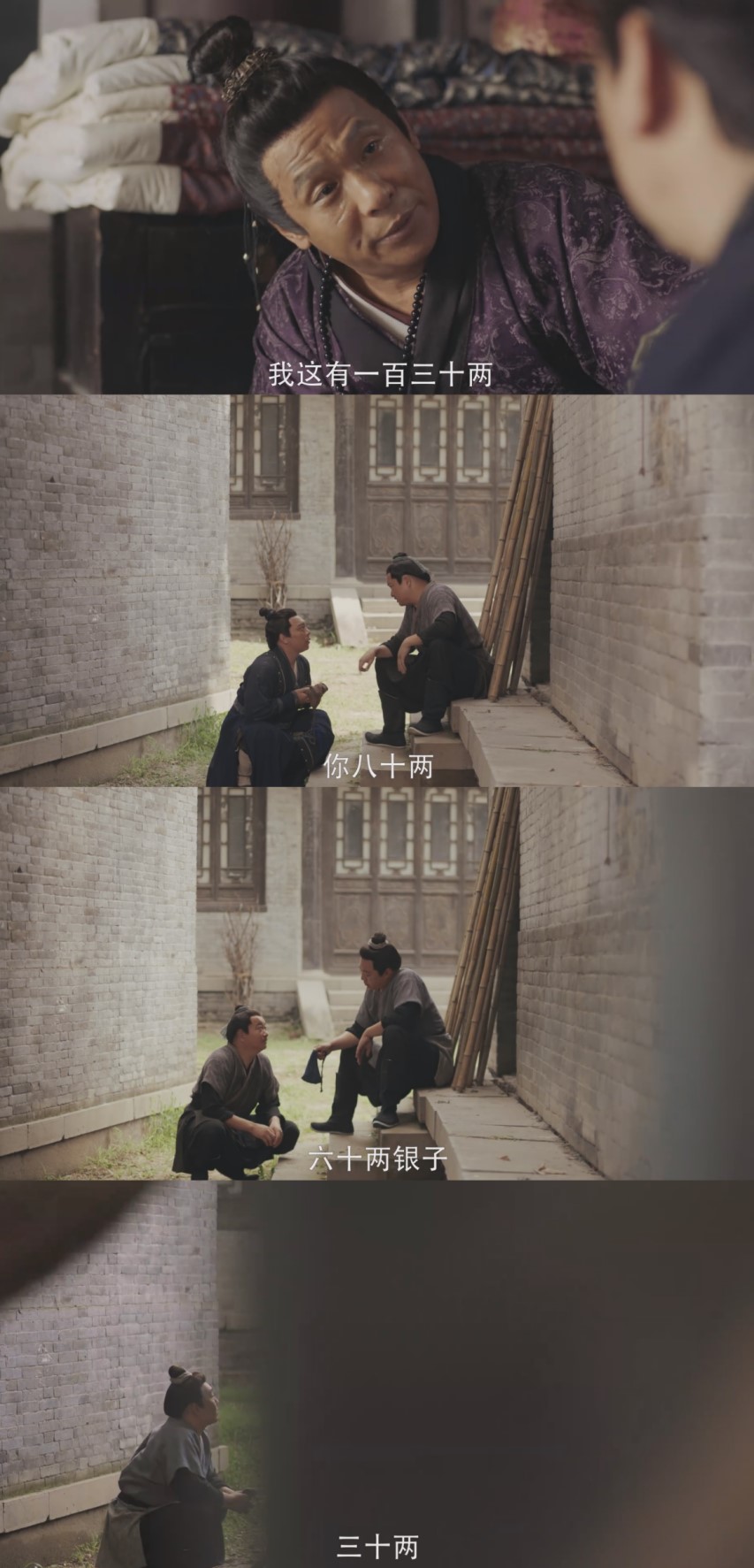
Layers of kickbacks
Overall, "Legend of Magpie Knife Gate" is like the ancient version of the story of Ivory Mountain. It's funny, and it's over after dinner. In an era when laughter is scarce, it is rare to be able to make the audience laugh, although we have Uncle Benshan who always have higher expectations.

